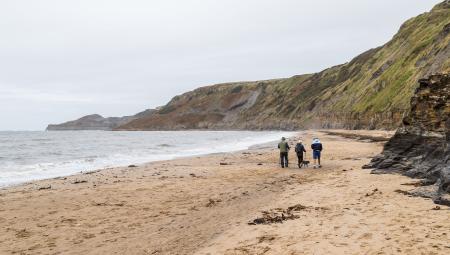Background
Despite the compelling quality, legal and financial imperative to facilitate discharge to a preferred place of death, many people are dying in hospital against their wishes. A ‘window of opportunity for discharge can be missed due to changes in medical condition, poor communication between partner agencies, and difficulty securing the appropriate level of community support. Data from a hospital in England in 2016 showed that over a third of the deaths (37.5%) occurred while the dying person was waiting to be discharged. These data indicate the importance of the functionality of the ‘rapid supported discharge’ process, which, when operating as intended, should enable a person to die in their preferred place of care
Planning a rapid discharge from a hospital for someone near to death involves people and organisations working together and communicating effectively with the dying person and their family to ensure a safe and efficient transfer of care that promotes dignity and compassion. Recent evidence indicated that over a third of hospital deaths reviewed happened while the dying person was waiting to be transferred. A common reason for delays is that a package of care can’t be coordinated in time because of the limited availability of community support.
In this project, we will study how care services, volunteers, and the dying person’s family interact together to coordinate transfers to the dying person’s preferred place of care. We will research ways to better connect them to support good continuation and consistency in caring relationships at end of life.
Project aims
- To better understand current interactions between support networks in the end of life care from a variety of perspectives (including statutory support services, informal networks of care, volunteers, and the third sector)
- To identify any difficulties in these interactions that may prevent a dying person's rapid transfer of care from hospital to a community setting
- To explore possible ways to improve current interactions
- To work with a variety of stakeholders in two deliberative workshops to explore previous experiences of how different support networks interact in end of life care
- To collate the findings from these workshops in order to identify any recurring themes or issues as identified by stakeholders
- To run a third workshop based on the collated findings in order to collaboratively explore how end of life care might be improved
- To co-develop a logic model and agree the determinants of a successful outcome for a larger research study.
Project activity
14 preparatory interviews were completed with health care professionals.
All workshops were oversubscribed in March/April 2020 and an additional workshop was planned to accommodate those interested in participating.
All workshops had to be cancelled due to the onset of Covid-19.
Impact
The project was placed in abeyance.
Next steps
Additional funding support is being sought to broaden the reach of this project across multiple acute settings in Norfolk and Waveney. A paper describing the findings from the preparatory interviews is under review for publication.
This study has been discontinued due to the COVID-19 pandemic.
Related Projects
This project relates to the Compassionate Communities work being conducted in the Great Yarmouth and Waveney area co-funded by Norfolk CCG. St Elizabeth hospice is the main clinical partner.
Who is involved?
Principle Investigator
Dr Guy Peryer, University of East Anglia
Researchers and institutions
Jessica Blake, University of East Anglia
Contact us
Guy Peryer,G.Peryer@StChristophers.org.uk





